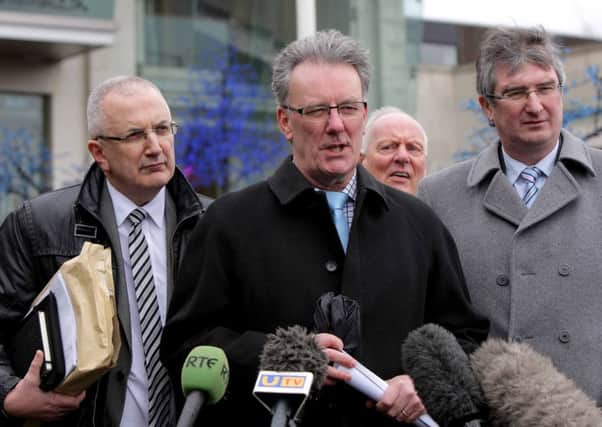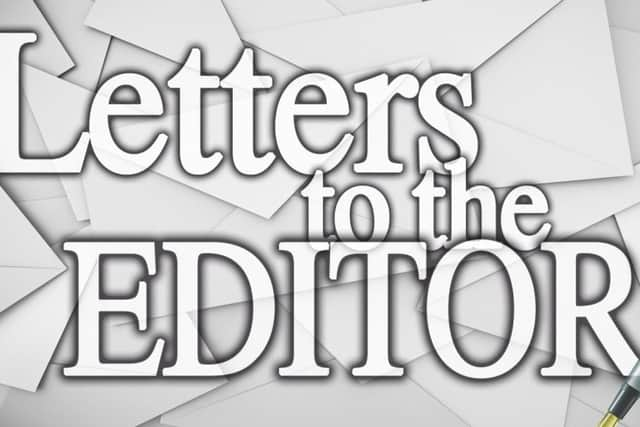What did UUP push for in Haass talks?


He and the UUP have since said that his views were personal and not party policy.
This does not give any clarity about the issue of the UUP negotiating position in the Haass talks.
Advertisement
Hide AdAdvertisement
Hide AdWhat does the statement “I was part of the Haass talks, we tried to push, to angle the whole matter toward historical review and understanding, that’s the big issue to find out, what people did, why they did it and what they did wrong” actually mean?


What exactly was Jeff individually and UUP collectively pushing for with Haass?
Was he advocating amnesty then or not? Was this his opinion during Haass? If so why did the UUP choose someone who wanted an amnesty to be part of its negotiation team?
How was it hoping to manage his contribution or did it consider the matter trivial?
The “it was just his/my personal opinion” response does not explain his comments re Haass.
Aileen Quinton, Fermanagh